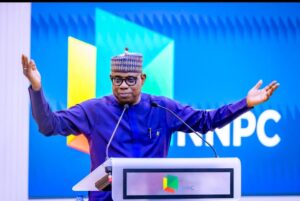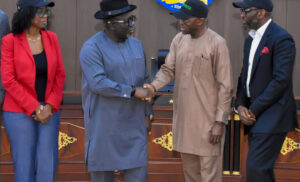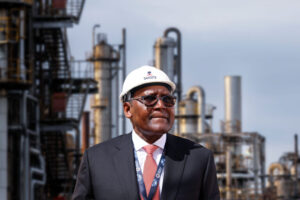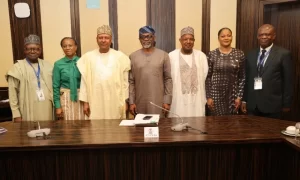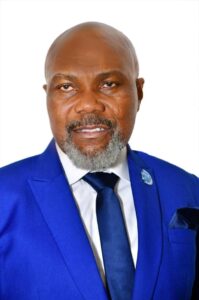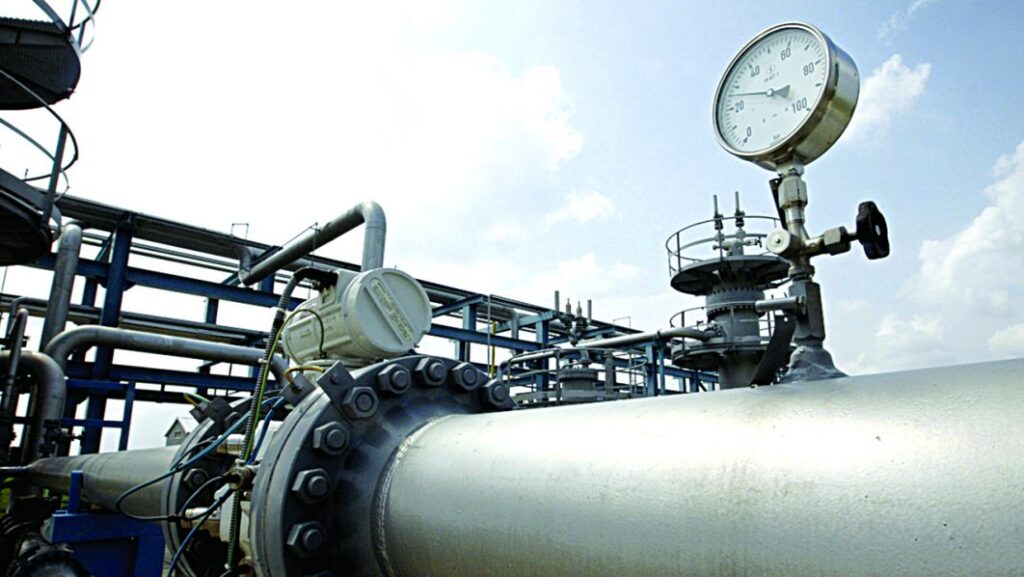
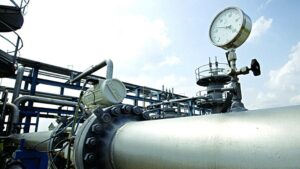
HIGH COST OF DOING BUSINESS DISCOURAGING INVESTMENT IN NIGERIA OIL AND GAS SECTOR–FG
The federal government has identified the huge cost of doing business as discouraging investment in the oil and gas sector.
In Nigeria it has been observed that producers spend over $40 for a barrel to extract crude oil, which makes it unattractive to investors.
The special adviser to the President on Energy, Olu Verheijen, said this is a major challenge to investors as she spoke on a number of presidential initiatives aimed at restoring improved deliverables to the oil and gas sector.
Verheijen, said however, that various presidential interventions in the energy sector are producing results.
She said that Nigeria had only attracted about $300 million to the industry in the last 10 years.
“When you look at places like Ghana where you see over $12 billion (because of the operating environment). That seemed off to us, because, ideally, the biggest resource holder should be attracting more and we tried to understand why that wasn’t happening and we found a few issues which are really around investment climate and that’s why we decided to zero-in on those additional interventions” she noted.
According to her, government is addressing the main issues harming investment in the country and is making sure that it creates enabling and competitive investment climate for capital, so that when investors are looking for opportunities and financiers are looking for opportunities across the globe, they will say Nigeria is one of the most attractive options and then they are able to allocate more capital to Nigerian projects.
In attempting to locate the key causes of investment apart, she said it was found that operating cost is a challenge.
The first one was around cost. “We found that the cost of doing business in Nigeria is quite high, and in the oil and gas space, the benchmark as to other climates is high.
If you look at Saudi Arabia, they produce oil at less than $5 a barrel.” According to her, producers spend over $40 for a barrel in Nigeria which makes it unattractive to investors.
Another major challenge she highlighted was that contracting timelines take too long.
“To put a contract in place whether you want to drill a rig or drill a well or do anything in the oil and gas sector, we found that sometimes it can be as high as 38 months to actually pull that contract. That contracting cycle, for many reasons, we thought this is one of the quick wins because once the amount of time is extended, you’ll need to do anything when the costs go up because its base are expiring and you have to come back, you are missing cycles and low cycles, opportunities, to lock-in prices and move. Many will go to where contracting timelines are less.” she explained.
Despite the interventions, the SA, said investments don’t necessarily yield production growth, adding, “so I know most Nigerians look at the dollar to Naira exchange rate.
“Will this investment immediately impact that? No, but in some ways, they actually help us start the economy.”
According to her, There haven’t been a lot of projects as the last big deep water project was in 2013, and there has been no major investment since then.
“There are a lot of contractors, people who supply water, people who train staff, a lot of businesses that have been idle and shut down and we are able to restart economic activities, and that helps generate income for Nigerians in the meantime,” she said. In the gas space she said the government has been able to see that NLNG’s output or availability go from an average of 53 per cent in 2022 to 70 per cent in the first quarter of this year.
This means more income back to the federal government for further investment.
Speaking further, she said “Instead of an activity based approach, spending a lot of money not really understanding what your outcomes are, we are able to see direct correlations between the activities that we are undertaking as a government that’s yielding the desired outcomes.
“More barrels into the terminals that we can export and more gas into the domestic market for power and industrialisation and more LNG cargoes making it into the market so that we can earn the dividends that are required for foreign exchange to just stabilise the macro-economic environment. The work isn’t done there, but there have been significant improvements. That is on the security side.” Verheijen stressed.
In the Power sector, she said installed capacity in the country is about 15 gigawatts,but the NNPCL has a few initiatives where they will continue to add more supply to the grid.
“On the transmission end, we have a capacity of eight gigawatts, but we really haven’t been able to hit those numbers for a number of reasons.’ she said adding, “Even if we fixed that, the distribution end has not been able to distribute more than four gigawatts over the last 10 years”.
The SA states that if by some magic wand you make sure that your grid is stable and you are able to evacuate the eight gigawatts that are in store or start to grow it, the distribution end cannot take it because the investment required to distribute to more end users has not occurred.
She said that is why the government focused on that distribution and ended with a number of initiatives to make sure that we improve the capacity for them to distribute more energy. On the transmission grid size, it’s another grid size. It is another focus. There is another presidential power initiative that the minister is driving that focuses on how to make this grid stable and smarter. He is spending quite a bit of time with his team focused on that section of the value chain.” she stated.

